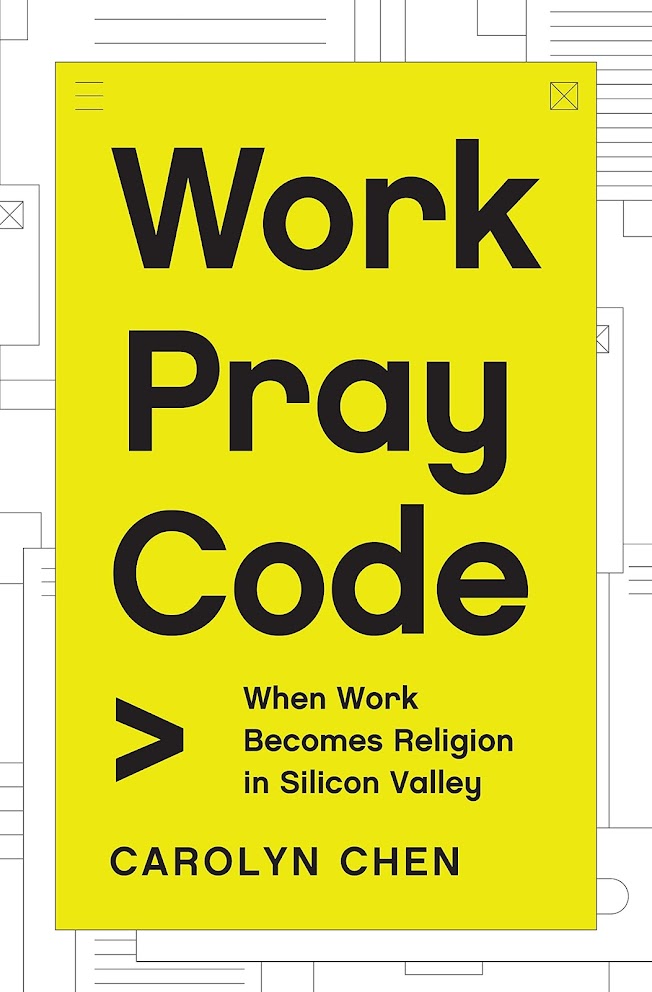France votes tomorrow, which is actually right now, after 4:00am there.
I'll be back tomorrow with the results, of course.
For now, here's the New York Times, "With Macron and Le Pen Leading Election Field, a Fractured France Decides":
In Dijon, magnificence and malaise sit side by side, in the image of a country divided before the presidential vote on Sunday. DIJON, France — At Le Carillon, a convivial place for a coq au vin as France prepares to vote in a critical election, the heated political debates that always characterized past campaigns have fallen silent, as if the country were anesthetized. In other election seasons, the restaurant would buzz for months with arguments over candidates and issues. This time, said the owner, Martine Worner-Bablon, “Nobody talks politics. I don’t know, people’s heads are elsewhere. No confidence in politicians. If anything, they talk about the war.” In this strange atmosphere, overshadowed by the Russian invasion of Ukraine, President Emmanuel Macron, a centrist, holds a slight lead over Marine Le Pen, a hard-right nationalist, according to the latest polls. But his comfortable advantage of more than 10 percentage points has evaporated over the past month as his dismissal of debate and failure to engage have irked voters. “What astonishes me is that the president of the French Republic does not think first about the French,” Ms. Le Pen, whose newfound mild manner masks a harsh anti-immigrant program, said last month. It was a remark that hit home as Mr. Macron spent most of his time pondering how to end a European war. With the vote spread over two rounds starting on Sunday, many people still undecided and an expected abstention rate of up to 30 percent, the election’s outcome is deeply uncertain. During her last campaign, in 2017, Ms. Le Pen chose to appear at the Kremlin with President Vladimir V. Putin, who said with a smirk that he did not wish “to influence events in any way,” as she vowed to lift sanctions against Russia “quite quickly” if elected. The possibility of France lurching toward an anti-NATO, pro-Russia, xenophobic and nationalistic position in the event of a Le Pen victory constitutes a potential shock as great as the 2016 British vote for Brexit or the election the same year of Donald J. Trump in the United States. At what President Biden has repeatedly called an “inflection point” in the global confrontation between autocracy and democracy, a France under Ms. Le Pen would push the needle in the very direction the United States opposes. All seems tranquil in Dijon, for now. Quiet and immaculate, its center a succession of churches and palaces, the capital of the Burgundy region is as good a symbol as any of “la douce France,” the sweet land of gastronomic delights that finds its way into many people’s hearts. But Dijon, a town of 155,000 inhabitants, has its turbulent underside, in the image of a country where beauty and belligerence and magnificence and malaise are often uneasy bedfellows. Among regulars at Le Carillon, inquiries as to the whereabouts of nuclear bomb shelters are on the rise. Emmanuel Bichot, a center-right city councilor, does not like the country’s mood. “There’s a lot of frustration, of aggression, of tension,” he said. “People get angry very quickly. This has not been an election about programs. I don’t hear anyone debating them.” He paused to contemplate this puzzle. “It’s come down to Macron’s Machiavellian manipulations against Le Pen’s resilience.” This is the third time that Ms. Le Pen, the leader of the National Rally, formerly the National Front, has run for president. The two leaders in the first round of voting go through to a runoff on April 24. One fundamental development contributed to the fractured, incoherent nature of the election. Mr. Macron’s agile occupation of the political center, destroying first the center-left Socialist Party and then the center-right Republicans, effectively wiped out two pillars of postwar French democracy. What was left was the president against the extremes, whether to the right in the form of Ms. Le Pen or to the left in the form of Jean-Luc Mélenchon. Between them, Ms. Le Pen, the far-right upstart Éric Zemmour and Mr. Mélenchon are set to garner some 50 percent of the vote, the latest poll from the Ifop-Fiducial group showed...













